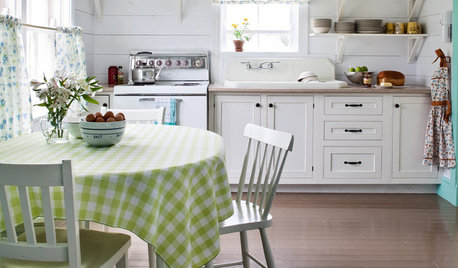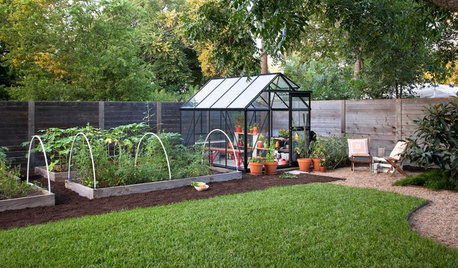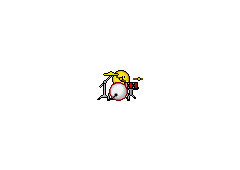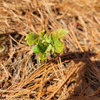Anyone use EGGS for fertilizer?
naturegirl_2007 5B SW Michigan
14 years ago
Featured Answer
Sort by:Oldest
Comments (48)
jonas302
14 years agotdscpa
14 years agoRelated Professionals
Derry Landscape Architects & Landscape Designers · Prairie Ridge Landscape Architects & Landscape Designers · Aurora Landscape Contractors · Fort Myers Landscape Contractors · Homewood Landscape Contractors · Laguna Hills Landscape Contractors · Lantana Landscape Contractors · Mason Landscape Contractors · Panama City Beach Landscape Contractors · Tuscaloosa Landscape Contractors · Waltham Landscape Contractors · Alexandria Driveway Installation & Maintenance · Braintree Driveway Installation & Maintenance · Daphne Driveway Installation & Maintenance · Greensboro Driveway Installation & Maintenancegardener_sandy
14 years agoanney
14 years agotheonebluegecko
14 years agoJonathan
14 years agoKaren Pease
14 years agoshiggle20
14 years agoshiggle20
14 years agojessicavanderhoff
14 years agolayne205
14 years agobrendan_of_bonsai
14 years agocyrus_gardner
14 years agosfallen2002
14 years agojenkno
11 years agogreen_go (Canada, Ontario, z 5a)
11 years agojonfrum
11 years agonc_crn
11 years agometqa
9 years agoplanterjeff
9 years agogardenper
9 years agoashok767
9 years agovgkg Z-7 Va
9 years agopontyrogof
7 years agodigdirt2
7 years agogorbelly
7 years agogorbelly
7 years agonancyjane_gardener
7 years agogorbelly
7 years agogorbelly
7 years agolast modified: 7 years agobyrd2park
7 years agolast modified: 7 years agogorbelly
7 years agolast modified: 7 years agoJen Schoenbein
3 years agosymbiotic_horizons
2 years agogardengal48 (PNW Z8/9)
2 years agolast modified: 2 years agodaninthedirt (USDA 9a, HZ9, CentTX, Sunset z30, Cfa)
2 years agolast modified: 2 years agoLoneJack Zn 6a, KC
2 years agogardengal48 (PNW Z8/9)
2 years agotsugajunkie z5 SE WI ♱
2 years agodaninthedirt (USDA 9a, HZ9, CentTX, Sunset z30, Cfa)
2 years agolast modified: 2 years agovgkg Z-7 Va
2 years agolast modified: 2 years agodaninthedirt (USDA 9a, HZ9, CentTX, Sunset z30, Cfa)
2 years agolast modified: 2 years ago
Related Stories

GARDENING GUIDESGet on a Composting Kick (Hello, Free Fertilizer!)
Quit shelling out for pricey substitutes that aren’t even as good. Here’s how to give your soil the best while lightening your trash load
Full Story
KITCHEN DESIGNThe Cure for Houzz Envy: Kitchen Touches Anyone Can Do
Take your kitchen up a notch even if it will never reach top-of-the-line, with these cheap and easy decorating ideas
Full Story
BEDROOMSThe Cure for Houzz Envy: Master Bedroom Touches Anyone Can Do
Make your bedroom a serene dream with easy moves that won’t give your bank account nightmares
Full Story
DECORATING GUIDESThe Enduring Appeal of the Egg Basket
Hardworking wire baskets are flying the coop for a life inside, appearing as storage, organizers and decor
Full Story
HOLIDAYS16 Creative Ways to Hide Easter Eggs
Crack of dawn on Sunday not your ideal thinking time? Just follow our creative egg-hiding ideas and pretend Peter Cottontail did the work
Full Story
GARDENING GUIDESHow to Keep Your Citrus Trees Well Fed and Healthy
Ripe for some citrus fertilizer know-how? This mini guide will help your lemon, orange and grapefruit trees flourish
Full Story
GARDENING GUIDESHow to Switch to an Organic Landscape Plan
Ditch the chemicals for a naturally beautiful lawn and garden, using living fertilizers and other nontoxic treatments
Full Story
GARDENING GUIDESCommon Myths That May Be Hurting Your Garden
Discover the truth about fertilizer, soil, staking and more to keep your plants healthy and happy
Full Story
EDIBLE GARDENSA Formerly Weedy Lot Now Brims With Edibles and Honeybees
Photographers transform their barren backyard into an oasis filled with fruit, vegetables, honey, eggs and more
Full Story
GARDENING AND LANDSCAPINGBackyard Living: The Scoop on Chicken Coops
Perk up your morning with fresh eggs and chickadee clucks when you build a chicken coop in your own yard
Full Story








vidyut